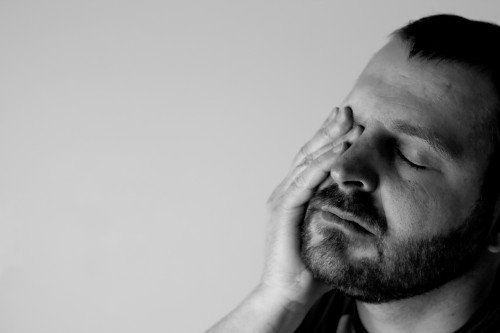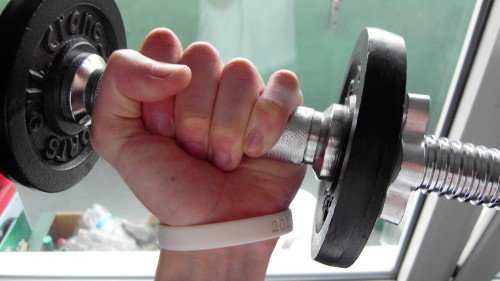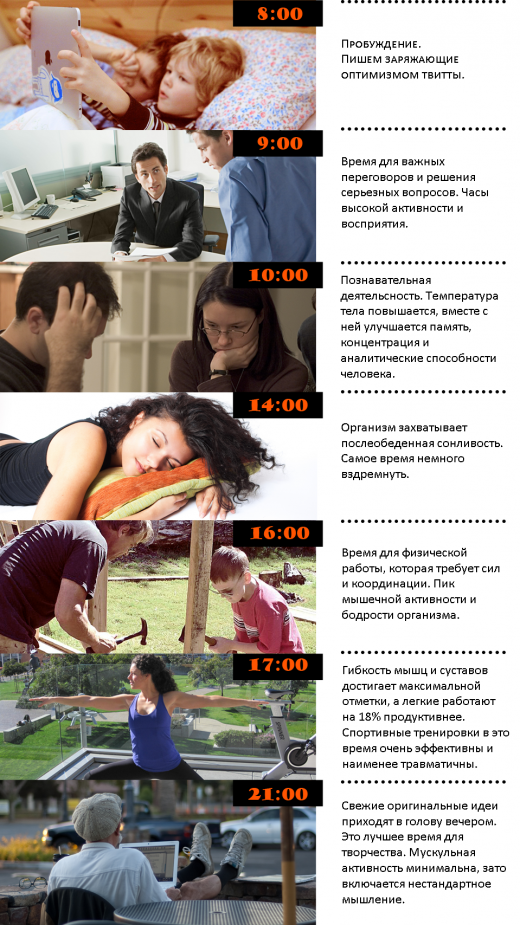Modern man organizes his day without paying attention to his natural biorhythms. But the violation of the "internal clock" of the body leads to a deterioration of well-being and even the development of various diseases: depression, diabetes, obesity. No matter how difficult it may seem at first glance, it's still worth trying to combine your life schedule with natural biorhythms, since this is guaranteed to bring tremendous benefits to your health.
The peak of the brain, concentration and wakefulness of a person falls on the late morning. This is due to a gradual increase in body temperature: its growth begins shortly before waking up and lasts until noon. A warm shower helps to speed up this process.
From about 12 o'clock in the afternoon to 16, the concentration of attention decreases. Besides, it's lunch time, after which you always want to sleep so much! Drowsiness overcomes a person somewhere at 14:00. It's time to take a nap.

Surprisingly, post-work fatigue can boost creativity. For some, it is better to solve problems for open thinking in the evening. While the effectiveness of performing analytical tasks throughout the day does not change. Fatigue makes it easier for the brain to make alternative, sometimes unexpected decisions.
Studies have shown that emails sent early in the morning (for example, at 6 a.m.) are most likely to be read by the addressee. It's like a newspaper that is viewed at the beginning of the day.
Reading Twitter at 8 — 9 a.m. allows you to start the day on a cheerful note. At this time, the overwhelming number of messages are filled with optimism, positive emotions and energy.

It is better to work in social networks after lunch. The researchers note that the largest number of retweets is made from about 15:00 to 18:00. At this time, it's easier for people to share someone else's post than to create their own.
The most "like" time is 8 pm. Most people are returning home or have already finished dinner. When the working day is over, you can relax and share your emotions. So it's time to "squeeze hearts".

Between 10 and 11 p.m., Twitter turns into one big emotional stream. At night, people are more relaxed and capable of empathy. They generate emotionally intense messages, both positive and depressive.
When building your work and leisure schedule, listen to your "inner clock" to improve the quality of life.
The best time for physical activity is from 15:00 to 18:00. Muscular activity from 14 to 18 hours is 6% better than at other hours. Also, lung productivity at 5 pm is 17% higher than at noon.

After lunch, there is good coordination, and joints and muscles become more flexible, which reduces the risk of injury. This time interval is ideal for tennis, hockey, golf, badminton or frisbee.
If you want to keep in shape, limit your food intake during the hours of the greatest activity of the body. But a violation of the biological clock leads to weight gain.

Scientists conducted a study: they put experimental mice on a high-calorie diet. The first group could eat at any time of the day. The animals of the second group were allowed to eat only for 8 hours while they were awake. Mice that ate only while being active turned out to be 40% thinner (!) and had lower cholesterol and blood sugar.
Despite the fact that research on this subject continues, we can confidently say:
We are not only what we eat, but also when.
Summing up the above, we get such a universal work and rest schedule:

And what do you think: is it possible to make your day more productive if you set up synchronization of biorhythms with daily plans?